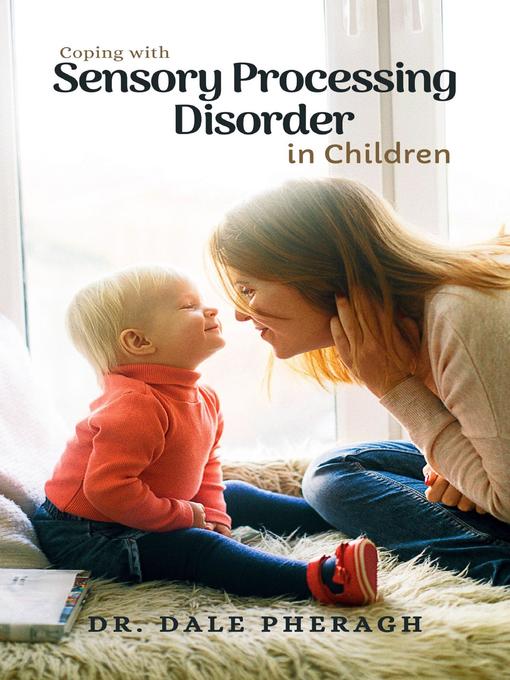Sensory processing disorder is a disorder where the brain has trouble getting and giving an answer to information that comes in through the senses.
This is a groundbreaking book that explain Sensory Processing Disorder (SPD) and presents a drug-free approach that provides expect parents.
Over-responsivity—or under-responsivity—to touch or movement? A kid with SPD could be a "sensory avoider," withdrawing from touch, refusing to wear certain clothing, avoiding active games—or he might be considered a "sensory disregarder," needing a jump begin to obtain moving.
Over-responsivity—or under-responsivity—to sounds, sights taste, or smell? She may cover her ears or eyes, be considered a picky eater, or seem oblivious to sensory cues.
Cravings for sensation? The "sensory craver" never gets enough of certain sensations, e.g., messy fun, spicy food, noisy action, and perpetual movement.
Poor sensory discrimination? She might not sense the difference between objects or experiences—unaware of what she's holding unless she looks and struggling to sense when she's falling or how exactly to catch herself.
Some individuals with sensory processing disorder are oversensitive to things in their environment. Everyday noises or mind-boggling may hurt. The light touch of the t-shirt may chafe their skin.
Others with sensory processing disorder may:
Sensory processing problems are usually recognized in children. However, they can also affect adults. Sensory Processing Disorders are generally observed in developmental conditions like autism spectrum disorder. Sensory processing disorder is not just named a stand-alone disorder. Many experts believe that should change. This book offers comprehensive, clear information for parents and professionals—and a drug-free remedy approach for children.
